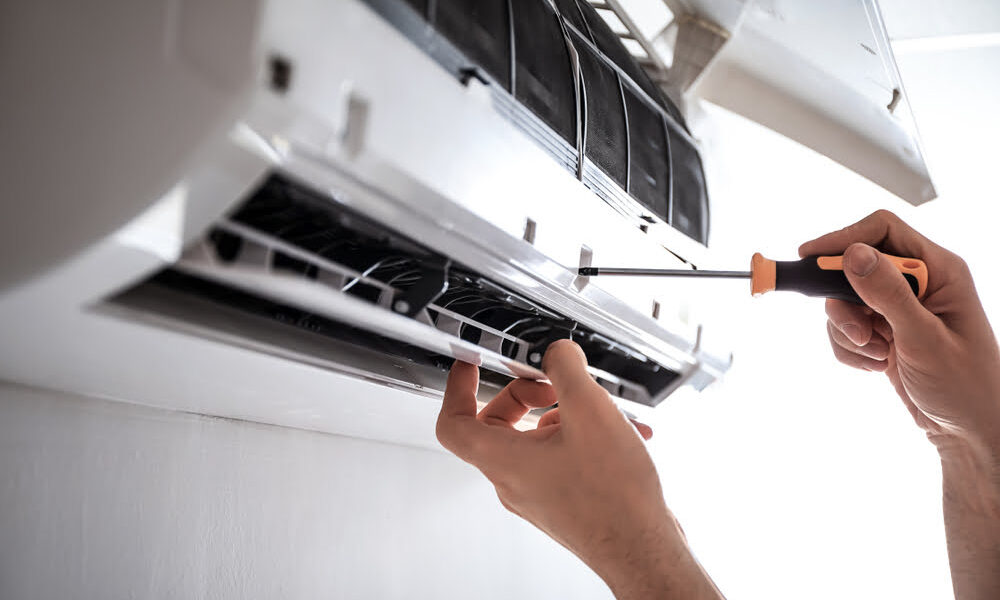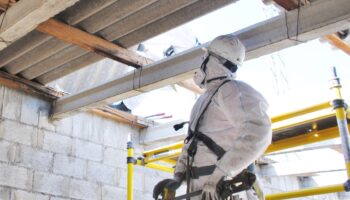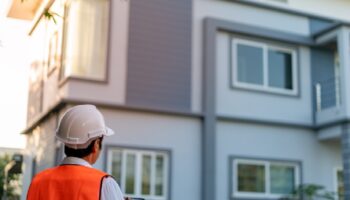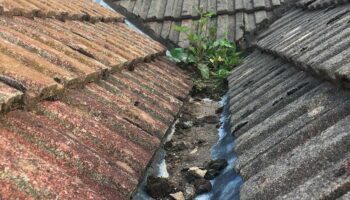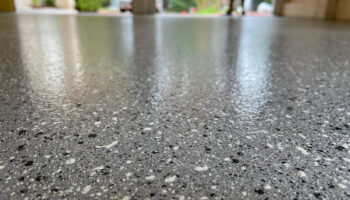Home maintenance involves understanding and managing cooling costs, especially during warm weather. Through proper maintenance and smart usage habits, homeowners can maintain comfort while keeping expenses under control.
The first step in managing cooling expenses involves recognizing how your system uses energy. Different times of day, varying temperature settings, and seasonal changes all impact energy consumption. By understanding these patterns, you can make informed decisions about system operation and maintenance.
Smart thermostat programming
Setting up a programmable schedule helps optimize cooling efficiency. Higher temperature settings when away and cooler settings during occupied hours create a balance between comfort and cost savings. This automated approach eliminates the need for constant manual adjustments.
Maintenance impact on efficiency
Regular maintenance plays a crucial role in keeping cooling costs manageable. Clean filters, properly functioning components, and optimal refrigerant levels ensure the system operates efficiently. Professional servicing helps identify and address issues before they lead to increased energy consumption.
Performance optimization through tune-ups
Various system components are examined in the Air conditioning tune-up specials in order to improve performance. Technicians clean coils, check electrical connections, lubricate moving parts, and verify proper operation. These services help maintain peak performance while preventing unnecessary energy waste.
Airflow and distribution optimization
Proper airflow throughout the home significantly impacts cooling efficiency. Ensuring clean ducts, appropriate venting, and unrestricted air returns helps maintain optimal system performance. Regular duct inspection and cleaning prevent efficiency losses due to restricted airflow.
Strategic cooling approaches
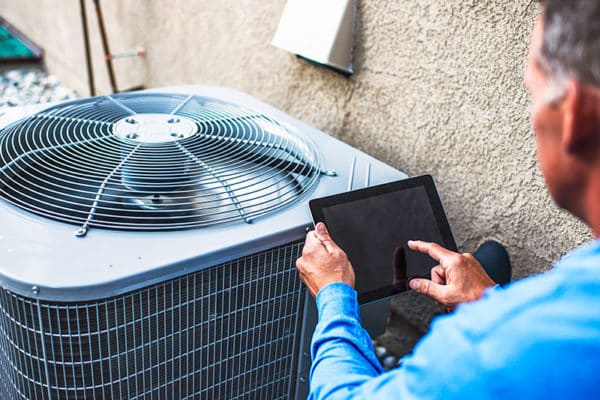
Implementing strategic cooling methods helps maximize efficiency:
- Using ceiling fans to enhance air circulation
- Closing blinds during peak sunlight hours
- Sealing air leaks around windows and doors
- Maintaining proper insulation levels
- Using natural ventilation when possible
Temperature management strategies
Effective temperature management involves several key practices:
- Gradually adjusting temperature settings
- Maintaining consistent settings
- Avoiding extreme temperature changes
- Using night setback temperatures
- Considering humidity levels
Zoning and room-specific cooling
Implementing zone control allows for targeted cooling of occupied areas. This approach prevents energy waste by avoiding unnecessary cooling of unused spaces. Proper zone design and control enhance both comfort and efficiency.
System size and capacity considerations
Having appropriately sized equipment ensures efficient operation. Systems that are too large or small for the space waste energy through improper cycling. Professional assessment helps determine the optimal system capacity for your specific needs.
Regular monitoring and adjustment
Keeping track of energy usage and system performance helps identify efficiency trends. Regular monitoring allows for timely adjustments to maintain optimal operation. This proactive approach prevents unnecessary cost increases.
Advanced efficiency features
Modern cooling systems offer various efficiency-enhancing features:
- Variable speed operation
- Multi-stage cooling
- Smart recovery modes
- Energy usage reporting
- Performance optimization algorithms
Preventive maintenance benefits
Regular preventive maintenance provides multiple advantages:
- Extended equipment life
- Reduced energy consumption
- Fewer unexpected repairs
- Consistent performance
- Better indoor air quality
Cost-effective operation practices
Implementing cost-effective practices helps manage expenses:
- Regular filter changes
- Proper thermostat settings
- Timely repairs
- Seasonal maintenance
- Energy usage monitoring
The maintenance, smart operation, and regular professional service, managing cooling costs becomes more effective. System operation, implementing efficiency measures, and maintaining adequate maintenance schedules help achieve optimal performance while controlling expenses.
The combination of professional maintenance, proper system operation, and regular monitoring creates a comprehensive approach to cost management. This strategy ensures comfortable indoor environments while maintaining reasonable operating costs throughout the cooling season.
